Is Shopify dropshipping legal, or would it take you behind bars? Let’s find out the truth.
If you’re contemplating the idea of launching your very own dropshipping enterprise on Shopify, the question of its legality might be looming large in your mind. It’s natural to wonder about the legalities and requirements before diving into this thriving business model. In this in-depth article, we’ll take you on a journey through the world of Shopify dropshipping, leaving no stone unturned regarding its legal standing.
What is Dropshipping?
Before we discuss the legality of Shopify dropshipping, let’s first understand what dropshipping is and why it has become a popular business model.
Dropshipping is a business model where the retailer (you) does not keep an inventory of products. Instead, you buy the item from a third-party provider and have them ship it directly to the consumer once an order is placed. Because of this, you won’t have to worry about storing, packing, or transporting the goods yourself. Due to this, it has quickly gained favour among would-be business owners who want to launch an internet enterprise on a shoestring budget.
Why Start a Dropshipping Business With Shopify?
Starting a dropshipping business can be an enticing prospect for aspiring entrepreneurs for several compelling reasons.
Firstly, it offers a distinct advantage in terms of affordability. Unlike traditional companies, where you typically have to pour substantial capital into purchasing inventory and maintaining a physical storefront, dropshipping minimizes your upfront investment. This cost-effective approach means you don’t need to tie up your financial resources in stock, enabling you to allocate funds strategically.
Secondly, the flexibility inherent in dropshipping is a major draw. To a large extent, all you need is a computer and an internet connection to run your company. This remote capability empowers you to tailor your work environment to your preferences, be it from the comfort of your home, a co-working space, or even while traveling. This level of adaptability aligns perfectly with the modern lifestyle, offering you the opportunity to achieve a work-life balance that suits you.
Lastly, the e-commerce and online shopping surge has translated into robust demand for dropshipped products. With more and more people shopping online due to its ease, your dropshipping business can capitalize on this growing industry. The low-risk nature of dropshipping, coupled with these additional benefits, makes it a highly enticing option for those looking to venture into the world of e-commerce.
How To Get Started Dropshipping With Shopify?
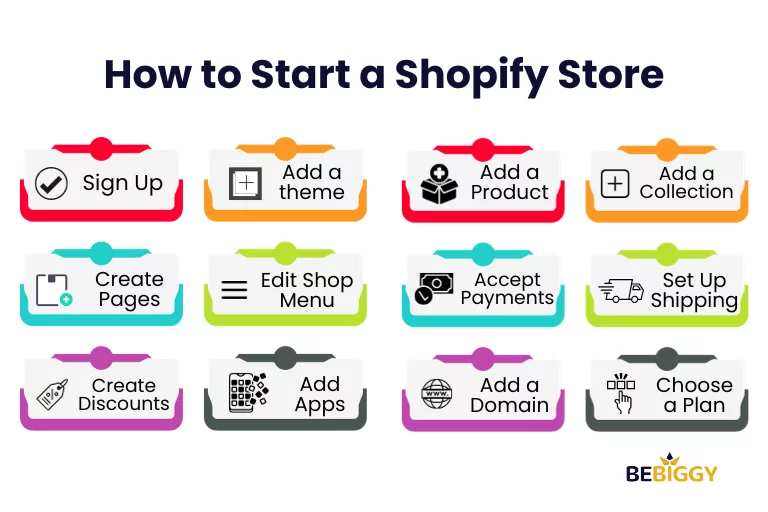
Now that you understand what dropshipping is and why it can be a viable business option let’s discuss how you can get started with Shopify.
Shopify is a well-liked e-commerce platform with a straightforward interface ideal for launching and operating a dropshipping enterprise. In order to get your Shopify dropshipping business up and running, follow these simple steps.
Step 1: Open a Shopify Account
Head to the official Shopify website and sign up for an account to get started. You can choose from various subscription plans offering different features and benefits.
Step 2: Choose Your Niche
Next, select the niche or product category you want to focus on in your dropshipping business. This is an important step, as it will determine the types of products you will be selling through your store.
Step 3: Find Reliable Suppliers
Once you have chosen your niche, it’s time to find reliable product suppliers. Shopify has a marketplace of verified suppliers that you can choose from, or you can also source products from other platforms such as Aliexpress or Oberlo.
Step 4: Set Up Your Online Store
After selecting your niche and sourcing your products, it’s time to set up your online store on Shopify. This involves choosing a design theme, customizing your store’s appearance and layout, and adding products to your inventory.
Step 5: Promote Your Store
After setting up a store, you’ll need to advertise to bring in consumers. To increase foot traffic to your store and your sales, you can employ numerous marketing channels like social media, influencer relationships, email marketing, and search engine optimisation.
Is Shopify Dropshipping Legal?
A question that keeps popping up among aspiring dropshippers is whether or not Shopify dropshipping is legal.
The answer is yes.
But with a few essential considerations. Let’s see what makes dropshipping a legal business model and what factors you need to consider.
What Makes Dropshipping Legal?
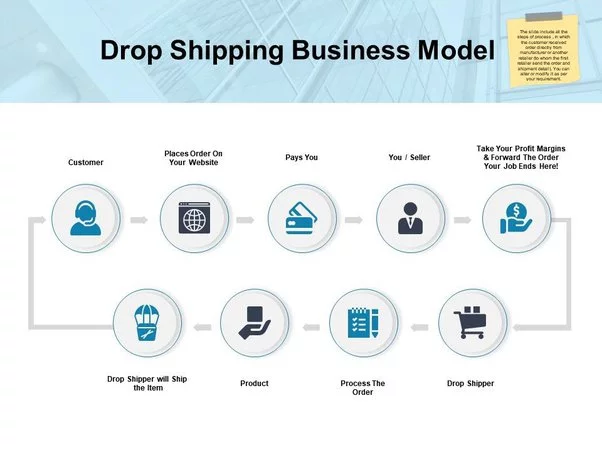
Dropshipping is a legitimate business model that is recognized and accepted by law. It operates under the same legal framework as any other retail business, meaning you must comply with all relevant sales laws and regulations. This includes adhering to tax laws, consumer protection laws, and other local, national, and international laws.
One key factor that makes dropshipping legal is that it involves a transparent supply chain. The supplier distributes the product straight to the buyer, removing any doubt regarding the product’s origin. Additionally, with dropshipping, customers are still protected by consumer rights and can request refunds or returns as per standard policies.
However, it’s important to note that some products may have specific regulations and sales restrictions, such as certain health or safety products. It’s essential to research and comply with applicable laws and regulations for the products you sell to ensure your dropshipping business operates within legal boundaries. So, it is crucial to do thorough research and stay updated on relevant laws and regulations to run a successful and legitimate dropshipping business.
Is Dropshipping Illegal Anywhere in The World?
Dropshipping is a legal business model that is widely accepted and recognized around the world. However, certain factors must be considered to ensure your dropshipping business operates within legal boundaries. Let’s take a closer look at what these considerations are.
Firstly, it’s important to note that laws and regulations vary from country to country, and it’s essential to adhere to the laws of the country in which you are operating. This includes tax laws, consumer protection laws, and other regulations for selling merchandise.
Secondly, some countries may have specific restrictions or regulations on certain products that may affect your dropshipping business. For example, certain health or safety products may require special permits or certifications before being sold.
Additionally, some countries may have stricter regulations for e-commerce businesses, such as data privacy laws and terms of service requirements. Researching and complying with these laws is crucial to avoiding any legal issues.
What Platforms Can I Legally Dropship On?
While dropshipping is a legitimate business model, it’s important to note that not all e-commerce platforms allow or support dropshipping. Some popular platforms, such as Amazon and AliExpress, have specific guidelines and restrictions for dropshipping.
Dropshipping on Shopify:
Shopify is one of the most ideal platforms for dropshipping as it offers many dedicated apps, including Yotpo, Jebbit, and Printful, to easily source and manage products. However, reviewing and complying with Shopify’s terms of service for dropshipping is essential.
Dropshipping on Amazon:
Amazon allows dropshipping but has strict guidelines and policies in place. This includes the requirement for sellers to have an actual physical inventory of the products they are selling, provide a tracking number for each order, and comply with Amazon’s return policy.
Dropshipping on Aliexpress:
Aliexpress is a popular platform for sourcing products for dropshipping. Still, it’s important to note that dropshippers must comply with the rules and policies of both Aliexpress and their chosen e-commerce platform. This includes providing accurate product information, handling customer service efficiently, and complying with any restrictions or regulations on certain products.
Overall, it’s important to thoroughly research and understand the policies and guidelines of any e-commerce platform you plan to dropship on. This will ensure you operate within legal boundaries and successfully run your dropshipping business.
Legal Consideration For Dropshipping?
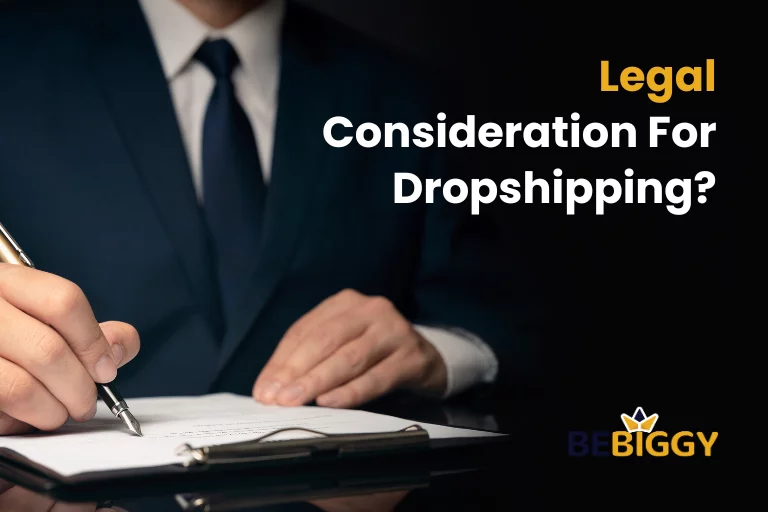
When it comes to dropshipping, there are some legal considerations that you should keep in mind to ensure your business operates within legal boundaries. These include obtaining a business license, paying taxes, and adhering to any regulations for selling specific products.
Do You Need a Business License For Shopify Dropshipping?
The answer to this question depends on your location and the laws in your country or state. In most cases, a business license is not needed for dropshipping, but it’s essential to research and understand the regulations in your area.
Dropshipping in the UK:
In the UK, business licenses are not required for dropshipping businesses, but it’s necessary to register with HMRC and obtain a Doing Business As (DBA) name and resale permit.
Dropshipping in the US:
In the US, most cities do require business licenses for dropshipping businesses. However, this may vary from state to state. It’s crucial to research and obtain any necessary licenses or permits for your specific location.
Dropshipping in Australia:
In Australia, a business license is not required for dropshipping businesses, but it’s important to register with the Australian Taxation Office (ATO) and comply with tax laws.
Dropshipping: How Much Tax Do You Have To Pay?
When it comes to taxes for dropshipping, the amount you pay depends on various factors such as your location, customer’s location, income, and whether you have a nexus. Here is an overview of the average tax rates to give you an idea of what you can expect:
- Income tax: The federal income tax brackets range from 10% to 37% of your income, with an average national percentage of 13.29%. This means that, on average, individuals pay 13% of their income to the government annually.
- Sales tax: State sales tax rates range from 0% to 9.47%, with a national average of 35%. However, keep in mind that some states do not charge sales tax.
- Source tax: On average, dropshippers can expect to pay their supplier a 10% source tax per purchase.
- Customs or duty tax: The amount of customs or duty tax you must pay depends on the products you are shipping and their value. This can range from 0% up to 37.5%, but certain exemptions and favorable tax rates for shipments from countries with Free Trade Agreements with the US exist. It’s important to check with customs to determine if any taxes apply to your shipment.
As mentioned, these tax rates are just averages and can vary depending on individual circumstances. It’s crucial to consult with a tax professional or research the specific laws in your location to ensure you accurately report and pay any necessary taxes for your dropshipping business. So, to avoid any potential legal complications in the future, conduct your research and keep in compliance with tax rules.
Now that you understand the taxes involved in dropshipping let’s look at some products that are good for dropshipping and ones that should be avoided. Keep reading to find out more.
What Products/Niches Are Good For Dropshipping?
When it comes to choosing products or niches for your dropshipping business, there are a few key factors to consider. First, you want to make sure the product is in demand and has a large enough market to be profitable. Additionally, you’ll want to choose products that have a good profit margin and aren’t oversaturated in the market.
Some popular product categories for dropshipping are:
- Fashion and Accessories: Clothing, jewelry, handbags, shoes
- Beauty and Skincare: Makeup, skincare products, beauty tools
- Home and Garden: Home decor, kitchen gadgets, gardening supplies
- Health and Wellness: Vitamins/supplements, fitness equipment, essential oils
- Electronics: Phone accessories, smart home devices, gadgets
- Pet Supplies: Toys, grooming supplies, pet accessories
Remember that the key to finding success with dropshipping is to choose a niche or product that you are passionate about and have knowledge in. This will help you understand your target audience and create effective marketing strategies. Now, let’s look at some products that may not be ideal for dropshipping.
What products are illegal to dropship?
While a broad range of products can be successfully dropshipped, there are also certain items that are illegal to sell via dropshipping. These include:
- Counterfeit or pirated goods: This includes any products that infringe on trademarks or copyrights.
- Weapons and firearms: It is illegal to sell weapons or ammunition through dropshipping.
- Prescription drugs: Only licensed pharmacies can sell prescription drugs, so dropshipping them is not allowed.
- Tobacco products: Selling cigarettes, tobacco, or e-cigarettes through dropshipping is prohibited.
- Alcohol: Alcohol sales are heavily regulated and require a liquor licence, making it illegal to dropship alcohol.
- Live animals: The transportation of live animals is heavily regulated and requires special permits, making it unsuitable for dropshipping.
- Products containing hazardous materials: Any items that pose a risk during transportation, such as flammable or toxic materials, cannot be dropshipped.
It’s important to thoroughly research the legality of any products you plan on dropshipping to avoid potential legal issues. Keep in mind this list may vary depending on your location, so it’s crucial to check local laws and regulations as well.
Tips On How To Keep Dropshipping Legal
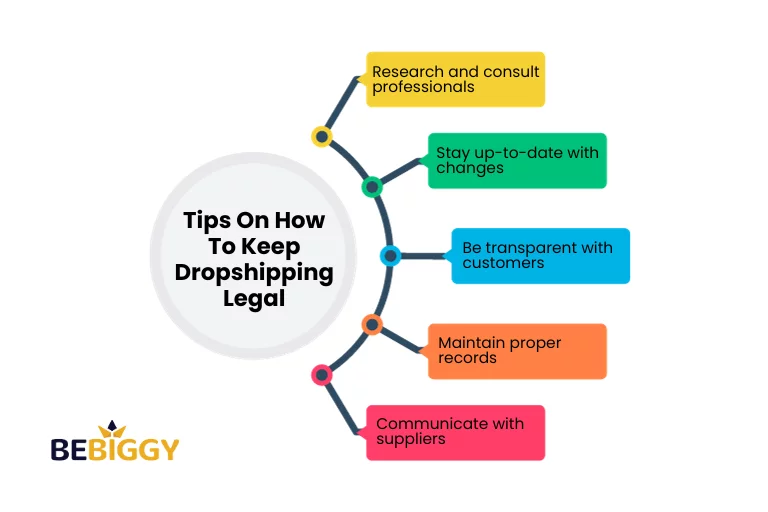
To ensure your dropshipping business stays compliant with legal and tax requirements, here are some tips to keep in mind:
- Research and consult professionals: As previously stated, it is critical to conduct extensive study and get guidance from specialists such as tax experts and lawyers to understand the laws and regulations that apply to your unique place.
- Stay up-to-date with changes: Tax laws and regulations can change frequently, so it’s important to stay informed on any updates or amendments that may affect your business.
- Be transparent with customers: It’s crucial to be upfront and transparent about the shipping process, potential customs fees, and any other details that may impact the customer’s experience. This will help you avoid unpleasant surprises or misunderstandings.
- Maintain proper records: Keep detailed records of all transactions and taxes paid to have accurate documentation in case of any audits or legal issues.
- Communicate with suppliers: It’s essential to have open communication with your suppliers, especially when it comes to taxes and potential duties. Make sure they are aware of any specific requirements for shipments to certain locations.
By following these tips, you can ensure your dropshipping business stays legal and compliant, setting yourself up for success in the long run. Remember, staying informed and transparent is key to avoiding any potential issues and maintaining a successful dropshipping venture.
FAQs:
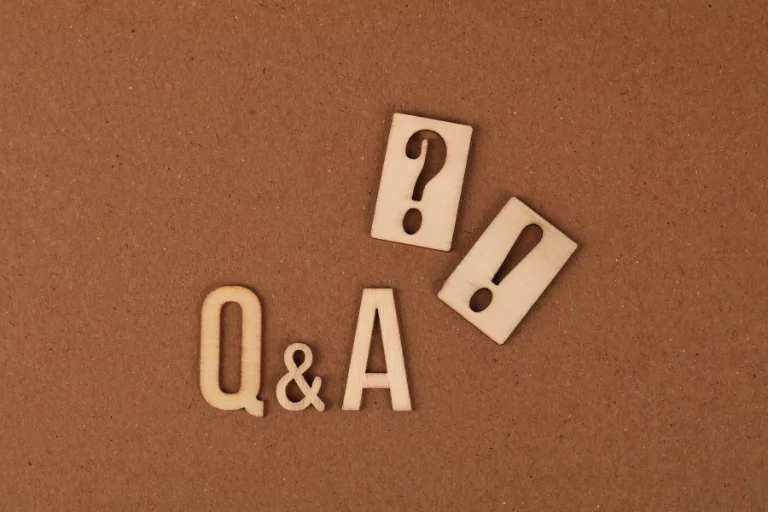
What happens if I sell a copyrighted product?
If you sell a copyrighted product without the permission of the copyright holder, you may face legal action and potential fines. It’s important to research and obtain proper licensing or permissions before selling any copyrighted products through dropshipping. This will help protect you from any legal consequences.
Can I dropship products that require special permits?
No, it is not recommended to dropship products that require special permits, such as live animals or hazardous materials. These types of products are heavily regulated and require specific licenses and transportation methods that may not be suitable for dropshipping. Selling these products without proper permits can result in legal consequences.
How Do Some Stores Sell Forbidden Items?
Some stores may sell forbidden items by either not knowing or purposely ignoring the laws and regulations. However, this can lead to severe consequences for their business, including fines, legal action, and even getting banned from selling on certain platforms. It’s always best to follow the rules and avoid any potential risks.
What Is a Dropshipping Agreement, and Should I Get One?
A dropshipping agreement is a contract between you and your supplier that outlines the terms and conditions of your business relationship. This can include details such as product pricing, shipping methods, return policies, and more. It’s recommended to have a dropshipping agreement in place to ensure clear communication and protect both parties from any potential issues or misunderstandings.
Is dropshipping legal under 18?
As dropshipping is a form of business, it is generally legal for individuals under 18 to participate. However, certain restrictions or requirements may depend on your location and the products you plan on dropshipping. It is crucial to study and consult with professionals to ensure compliance with any rules or regulations relevant to minor enterprises.
Where can I get a customized dropshipping store?
Bebiggy is one of the finest and most reliable dropshipping stores that offers customizable options for your business. They provide a user-friendly platform, high-quality products, and efficient services to help you run your dropshipping store successfully. You can also find other platforms and tools online that offer similar services.
Conclusion:
As online shopping has become more popular, dropshipping has developed as a practical business strategy.
However, it’s important to remember that while dropshipping may seem simple and easy, legal considerations must be taken into account to ensure a successful and compliant operation.
By thoroughly researching laws and regulations, staying informed on any changes, being transparent with customers, maintaining proper records, and having open communication with suppliers, you can ensure your dropshipping business remains legal and sets you up for long-term success.
Remember to always stay compliant and seek professional advice when needed. Now, go forth and start dropshipping! Happy Dropshipping!

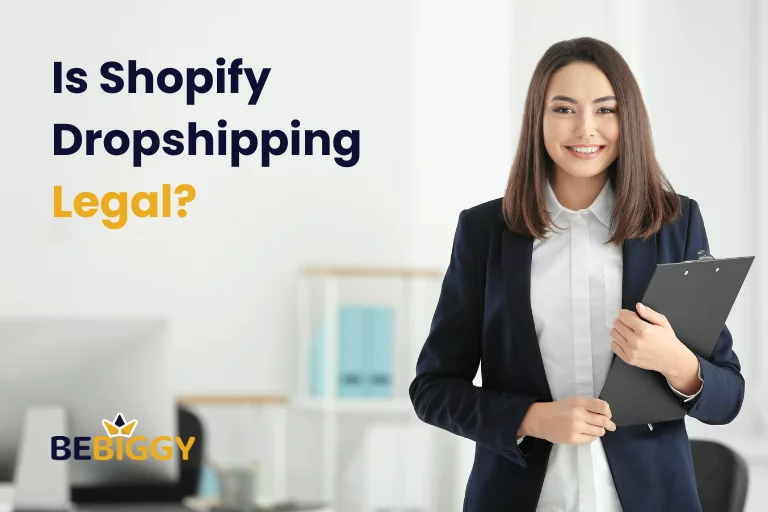







 What Is Shopify Dropshipping and How Does It Work?
What Is Shopify Dropshipping and How Does It Work? 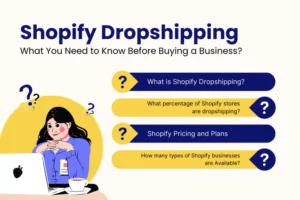 Shopify Dropshipping: What You Need to Know Before Buying a Business?
Shopify Dropshipping: What You Need to Know Before Buying a Business?  Guide to Finding Reliable Shopify Dropshipping Suppliers [100% Success]
Guide to Finding Reliable Shopify Dropshipping Suppliers [100% Success]  14 Must-Have Shopify Dropshipping Apps For Entrepreneurs
14 Must-Have Shopify Dropshipping Apps For Entrepreneurs